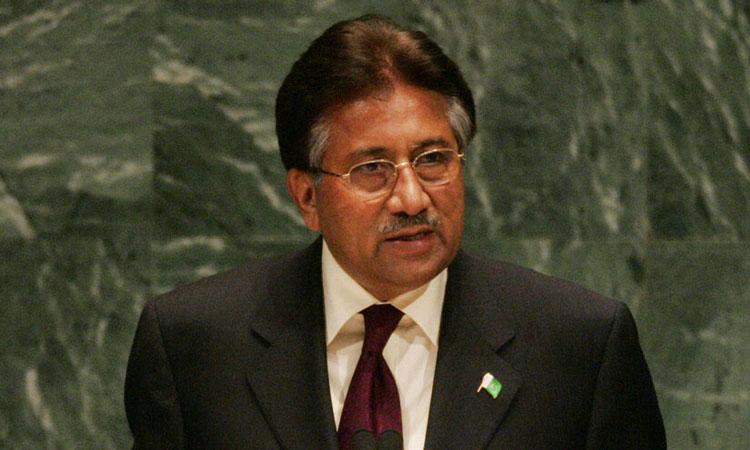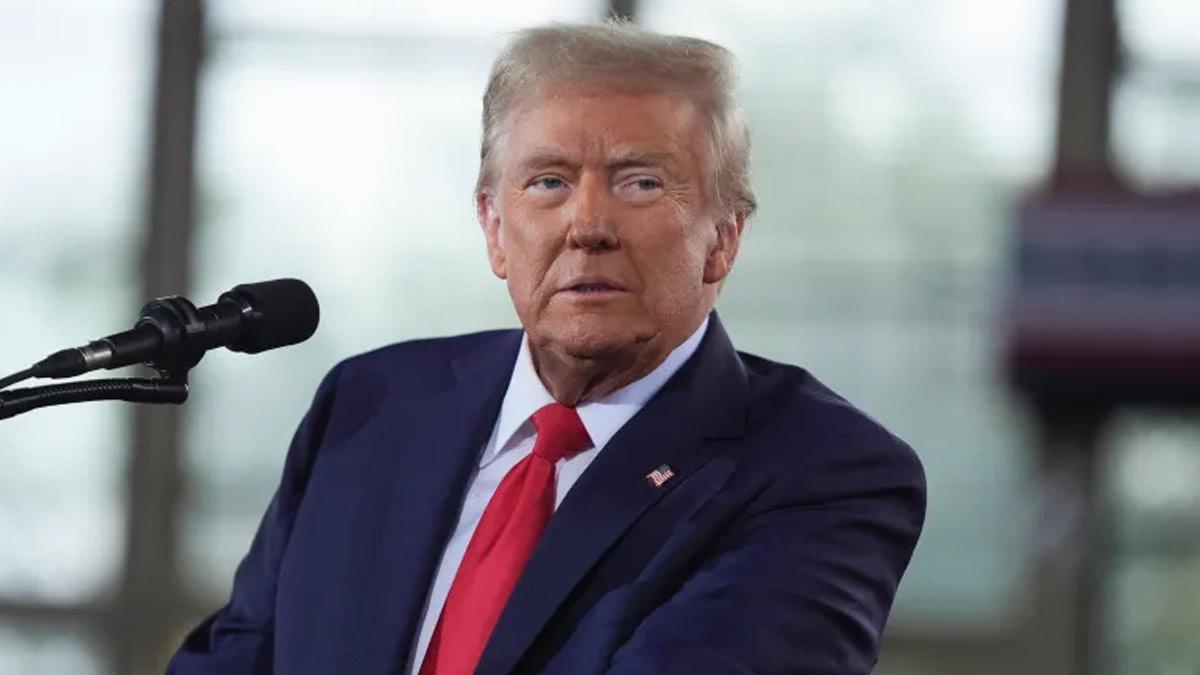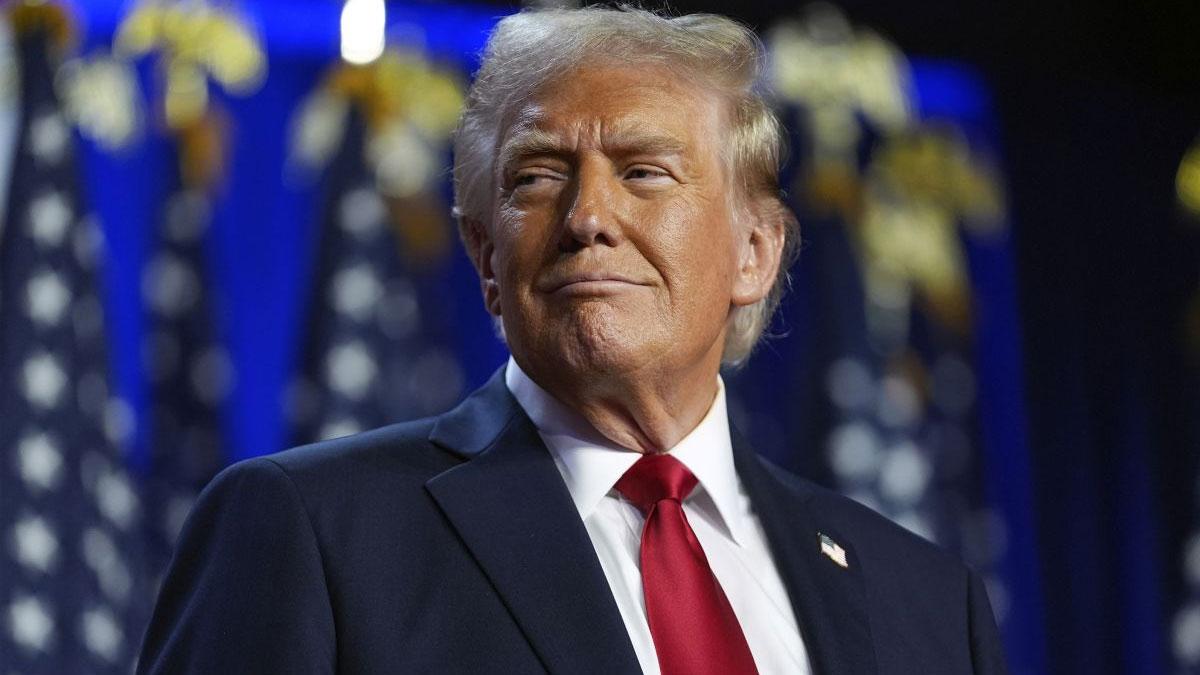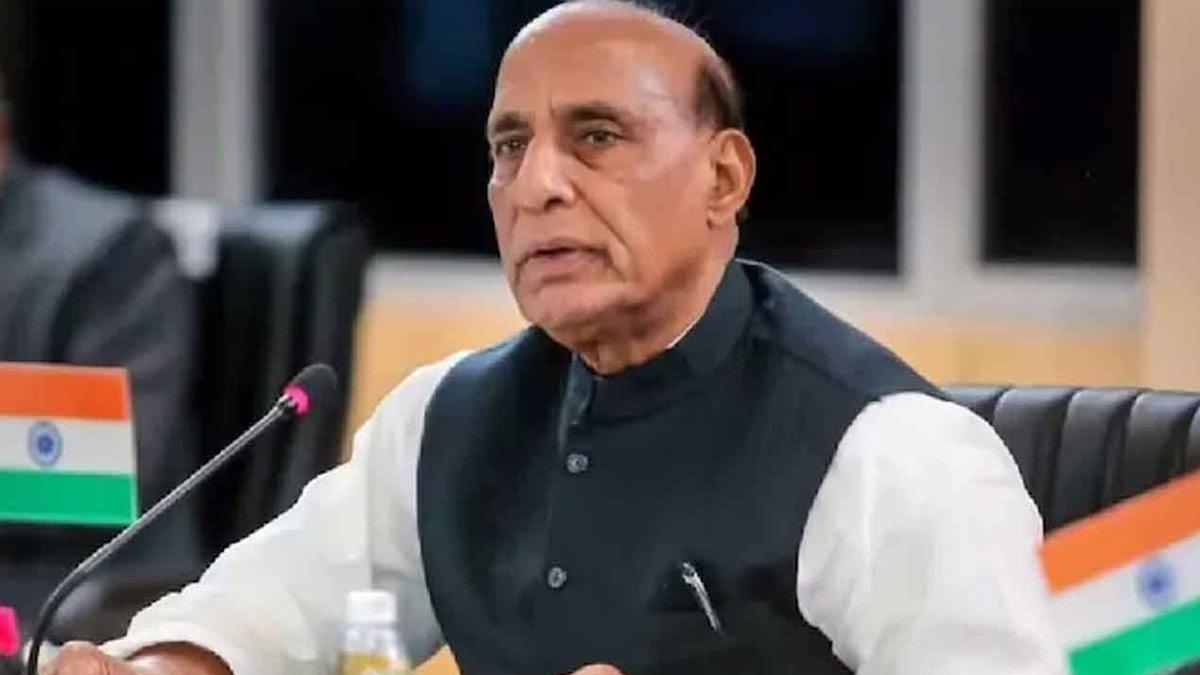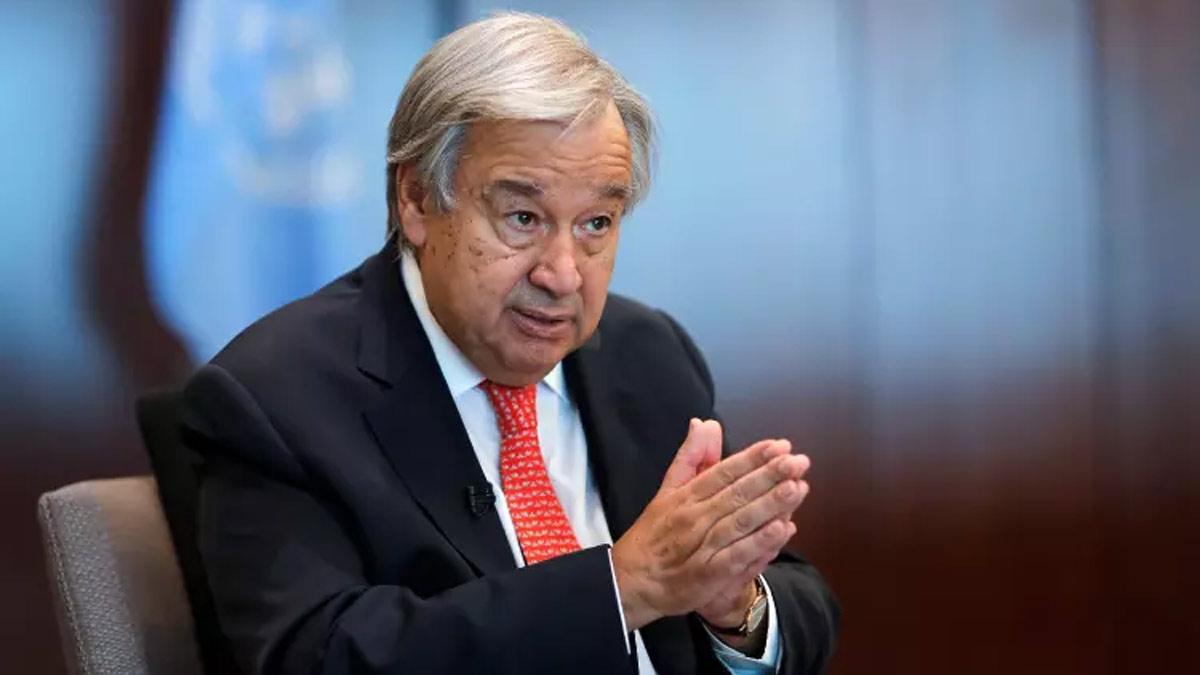Former Pakistan military ruler General (retd) Pervez Musharraf, who had been living in Dubai since 2016, breathed his last on Sunday, local media reported.
The 79-year-old former president and chief of army staff was suffering from amyloidosis, a rare disease caused by a build-up of an abnormal protein called amyloid in organs and tissues throughout the body, according to his family. The build-up of amyloid proteins (deposits) can make it difficult for the organs and tissues to work properly, The Express Tribune reported.
Musharraf assumed the post of Chief Executive after imposing martial law in the country in 1999 and served as the president of Pakistan from 2001 to 2008, The Express Tribune reported.
Architect of Kargil War, Musharraf was Pak's longest-serving president
Former Pakistan President and military ruler General (retd) Pervez Musharraf, who had been living in Dubai since 2016, breathed his last on Sunday, local media reported.
The 79-year-old former chief of army staff was suffering from amyloidosis, a rare disease caused by a build-up of an abnormal protein called amyloid in organs and tissues throughout the body, according to his family. The build-up of amyloid proteins (deposits) can make it difficult for the organs and tissues to work properly.
Musharraf assumed the post of Chief Executive after imposing martial law in the country in 1999 and served as the president of Pakistan from 2001 to 2008, The Express Tribune reported.
Also Read | Pakistan govt dares Imran: Those who cannot go jail for two days would run jail bharo
The former president's family moved from New Delhi to Karachi in 1947. He joined the Pakistan Army in 1964 and was a graduate of the Army Staff and Command College, Quetta.
The military ruler also took part in the 1965 and 1971 wars, Geo News reported.
He was promoted to the rank of general in 1998 and took over as the chief of army staff (COAS). A year later on October 12, 1999, Gen (retd) Musharraf usurped power in a coup d'etat.
Musharraf remained the longest-serving president of Pakistan as he took after taking over the country's reins. He was elected as the president through a referendum in 2002 and remained in office till 2008, Geo News reported.
During his tenure, the military leader accepted the US proposal for Pakistan to become a frontline ally after the 9/11 incident.
Later in 2004, he was elected as a president in uniform for five year via 17th Amendment in the Constitution of Pakistan.
Musharraf is also known for anti-constitutional measures to depose the judges of Supreme Court in November 2007, which marked the beginning of Lawyers' Movement - also known as the Movement for the Restoration of Judiciary, Geo News reported.
Following a movement led by the political parties, Musharraf resigned as the president on August 18, 2008.
The former military ruler was sentenced to death by a special court on December 17, 2019, under Article 6 of the Constitution. A case of high treason was filed against him during Pakistan Muslim League-Nawaz (PML-N) tenure.
Musharraf was present in the court on March 31, 2016, when he was indicted on the charges.
Later, he flew out of the country due to his illness, Geo News reported.
Reacting to the news, Inter-Services Public Relations (ISPR) said that the Chairman Joint Chiefs of Staff Committee (CJCSC) General Sahir Shamshad, and tri-services chiefs expressed heartfelt condolences on the former army chief's demise.
Pervez Musharraf: From military ruler to forgotten man in Pakistan politics
The former president's family moved from New Delhi to Karachi in 1947. He joined the Pakistan Army in 1964 and was a graduate of the Army Staff and Command College, Quetta.Former Pakistan army chief and president Pervez Musharraf passed away on Sunday after a protracted battle with a rare health condition called amyloidosis, local media reported.
Also Read | Imran Khan accuses Pak govt of using terror wave for political mileage
Musharraf, who served as the army chief for almost nine years (1999-2008), became the 10th president of Pakistan in 2001 and held the position until early 2008, Dawn reported.
He was born in pre-partition Delhi on August 11, 1943. After the partition, his family settled in Karachi where he attended Saint Patrick's School. Later, he joined the Pakistan Military Academy at Kakul and graduated from the institution in 1964. He was subsequently commissioned in the Pakistan Army, Dawn reported.
His first battlefield experience came during the 1965 Indo-Pak war and he served in the elite Special Services Group (SSG) from 1966-1972. During the 1971 war with India, Musharraf was a company commander of an SSG commando battalion. After 1971, he continued to excel in several military assignments and gained rapid promotions within the army, Dawn reported.
In October 1998, he was appointed the chief of army staff by the then prime minister Nawaz Sharif. A year later, he overthrew Sharif's government in a bloodless coup and later became the country's president.
On October 12, 1999, troops took over the Prime Minister House after Sharif prevented Musharraf from landing at Karachi airport upon his journey back from Sri Lanka.
On finding out, Musharraf declared a state of emergency, suspended the Constitution and assumed the role of chief executive. There were no organised protests against the coup within Pakistan but the measure was thoroughly criticised by the international community. In June 2001, Musharraf became the president of Pakistan, Dawn reported.
The 9/11 attacks took place just a few months after Musharraf became the president. He subsequently entered Pakistan into an alliance with the US in the latter's 'war on terror', a decision the former military rule has defended on several occasions.
Also Read | Social media campaign at the top of Islamabad's anti-India toolkit
Musharraf held a general election in October 2002 during which he allied himself with Pakistan Muslim League-Quaid (PML-Q), Muttahida Qaumi Movement and an alliance of six religious parties called Muttahida Majlis-i-Amal. With this election, Musharraf was able to gather the required two-thirds majority to pass the 17th Amendment which helped legitimise the 1999 coup as well as several other measures adopted by him, Dawn reported.
In January 2004, Musharraf won a confidence vote by both houses of the parliament and the four provincial assemblies by a majority of 56 per cent and was declared elected in a process disputed by his political opponents.
In March 2007, Musharraf suspended the then chief justice Iftikhar Muhammad Chaudhry after the latter refused to resign allegedly over abusing his office. The incident unleashed violent protests by lawyers and civil society activists and Musharraf's handling of the events adversely impacted his position. On June 20, 2007, the Supreme Court reinstated the chief justice and declared Musharraf's suspension of the former as void.
However, the chief justice was again deposed when Musharraf imposed a state of emergency in the country on November 3, 2007. Within 25 days of the emergency in place, Musharraf resigned from his position of army chief, with General Ashfaq Pervaiz Kayani taking charge. Musharraf, who was still president at the time, finally lifted the emergency on December 15, 2007, Dawn reported.
After giving Musharraf the chance to voluntarily resign, the PPP-led coalition government at the centre - formed after the 2008 general elections - initiated a parliamentary procedure to impeach him. Musharraf initially refused to resign and the coalition began official proceedings for his ouster. He voluntarily left the post before the impeachment could be finalised.
Musharraf was also named in the cases pertaining to Benazir Bhutto's murder, Nawab Akbar Bugti's killing and the 'illegal confinement' of 62 judges after the November 2007 emergency. However, in March 2013, the Sindh High Court granted him protective bail in all three cases, Dawn reported.
Musharraf was barred from travelling abroad after his name was placed on the Exit Control List (ECL) on Apr 5, 2013. However, the ex-president's name was struck off the ECL by the interior ministry and he flew to Dubai on March 17, 2016 to "seek medical treatment" and never returned.
In September 2018, it emerged that he was "growing weaker rapidly" due to an unspecified illness. A month later, it was revealed that he was suffering from amyloidosis, which had affected his mobility. In March 2019, he had a reaction and needed hospitalisation, Dawn reported.

